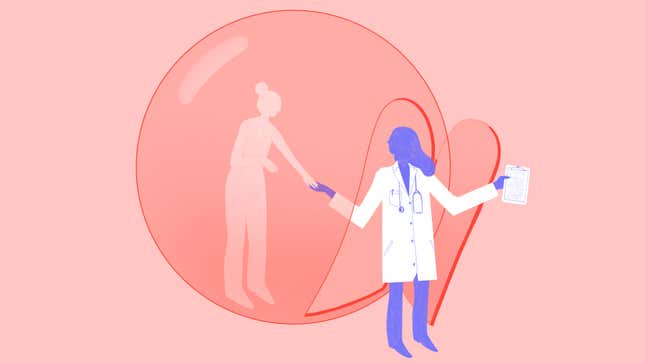
Image: Chelsea Beck/GO Media
My patient, who I’ll call Katie, came to my office in tears.
“I have herpes and I need a second opinion,” she said, wiping her eyes.
She brought it her lab results from another physician and it showed a positive herpes antibody test.
“Have you ever had any symptoms of herpes?” I asked.
“No, but the doctor said I have it and that I have to take medicine every day,” she replied.
-

-

-

-

-

-

-

-

-

-

-

-

-

-

-

-

-

-

-

-

-

-

-

-

-

-

-

-

-

-

-

-

-

-

-

-

-

-

-

-








































